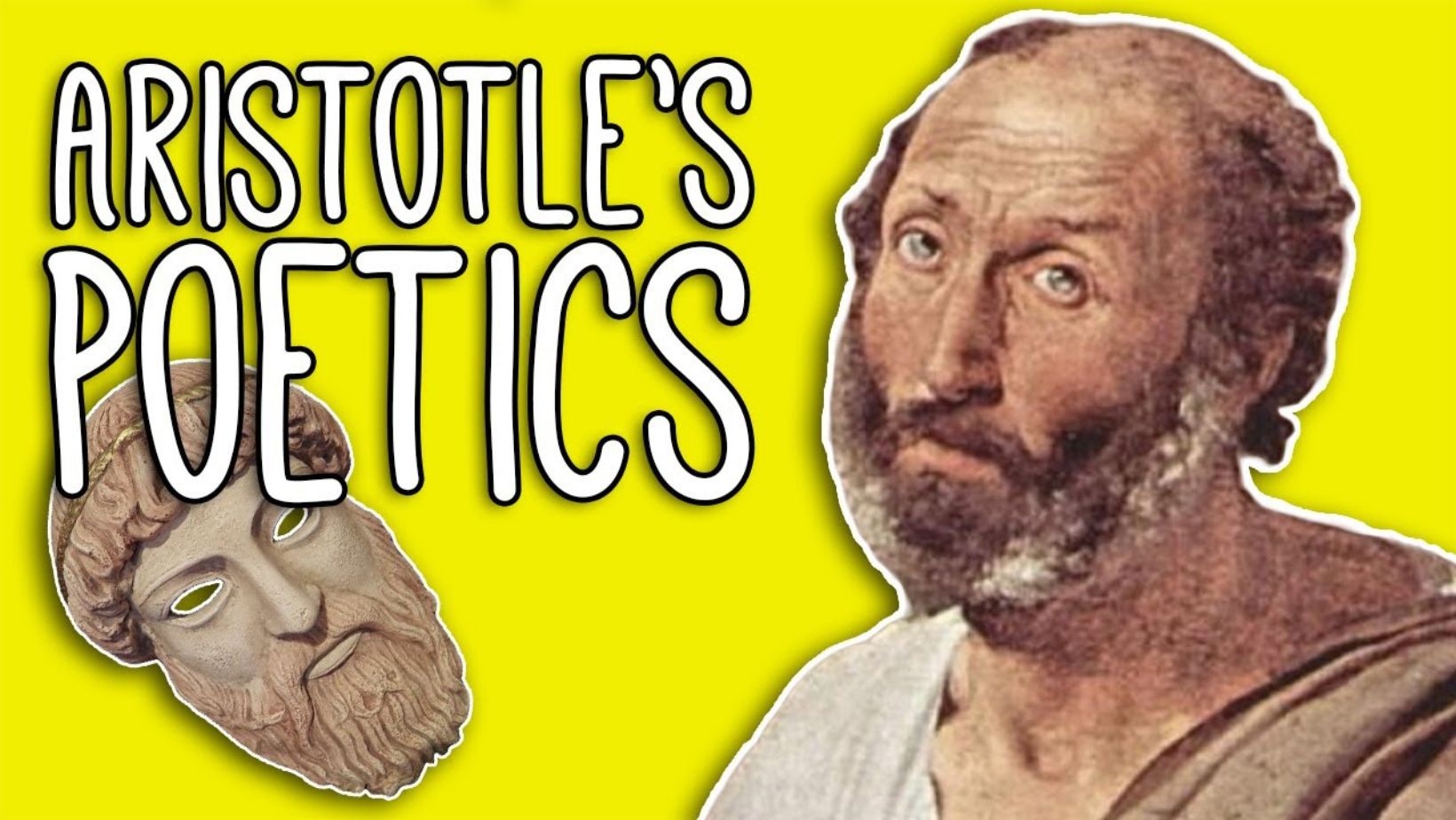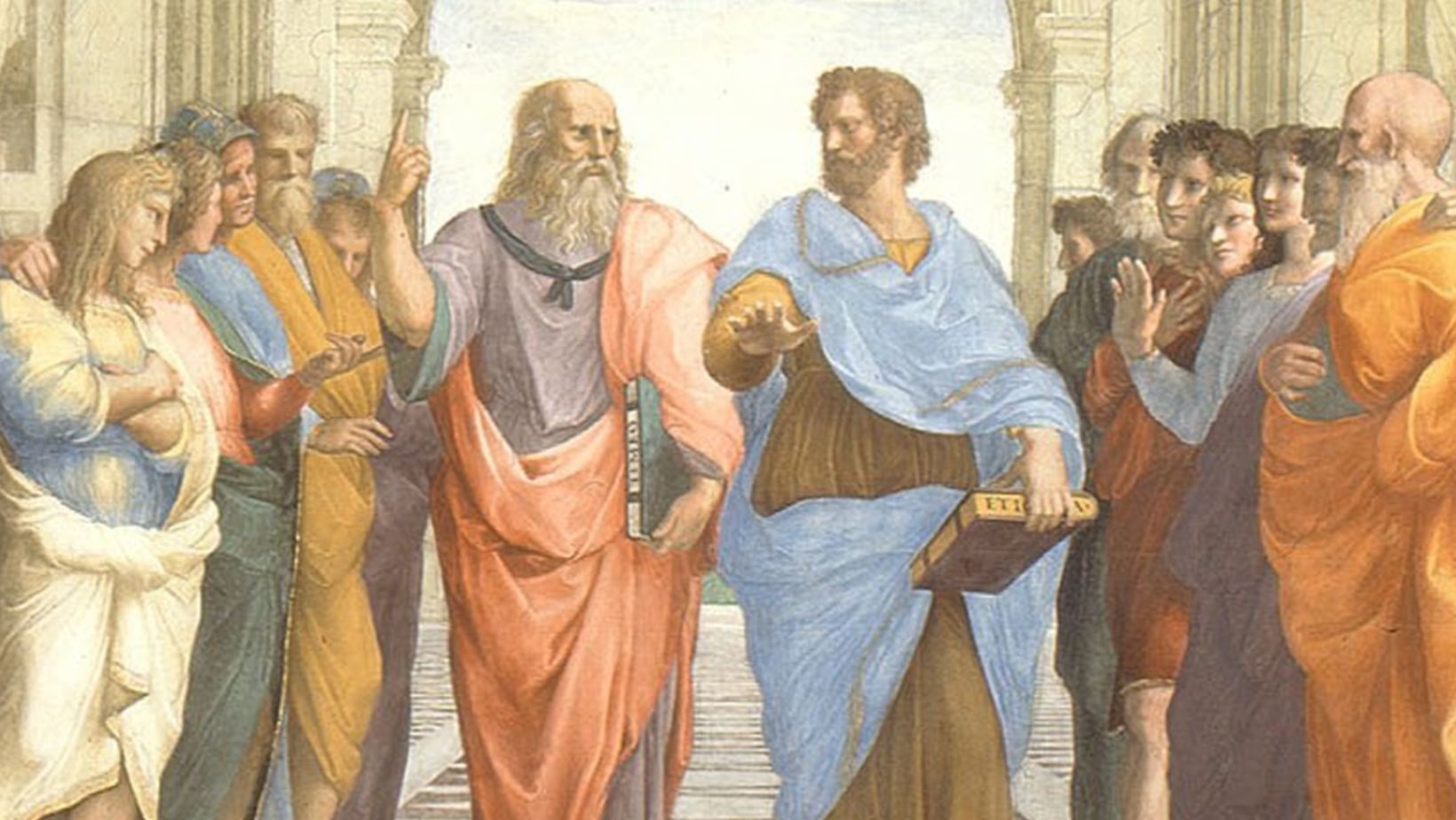Ever stopped to think why tales from hundreds of years back still hit close to home? Right in the thick of unraveling what makes stories stick, we stumble upon “Aristotle Poetics.” It’s like hitting the jackpot for anyone eager to get into the nitty-gritty of spellbinding narratives. Written around 335 BC, it’s not just an ancient text but a blueprint for captivating narratives that transcend time. Whether you’re a budding writer or simply fascinated by the power of stories, understanding Aristotle’s insights can transform how you perceive literature and drama.
Table of Contents:
- What is Aristotle’s Poetics?
- Elements of Drama According to Aristotle
- Aristotle’s Views on Poetry and Imitation
- The Importance of Aristotle’s Poetics in Ancient Greek Literature
- Understanding Aristotle’s Poetics in the Modern Context
- Conclusion
What is Aristotle’s Poetics?

Aristotle’s Poetics is a game-changer.
It’s the OG book on literary criticism from way back in ancient Greece.
Aristotle covers everything from the basics of poetry to the nitty-gritty of drama.
The Poetics is like a treasure map for writers – it shows you how to craft killer stories that hook audiences.
When Was Aristotle’s Poetics Written, Who is Aristotle, Purpose of Aristotle’s Poetics
So when did Aristotle drop this knowledge bomb?
Scholars think he wrote the Poetics around 335 BC. That’s over 2,000 years ago.
As for the man himself, Aristotle was a Greek philosopher and polymath. He studied under Plato and tutored Alexander the Great.
Aristotle was a master of many subjects, but the Poetics zeroes in on the art of storytelling.
His goal? To break down what makes a great tragedy and give practical tips to writers.
In a nutshell, Aristotle’s Poetics is a how-to guide for writing epic stories with legendary characters and gut-wrenching plots.
Elements of Drama According to Aristotle: Aristotle Poetics
Aristotle was all about the fundamentals.
In the Poetics, he lays out the essential ingredients for a killer story:
For Aristotle, plot is king. It’s the soul of tragedy.
A good plot needs a clear beginning, middle, and end. It should have a logical sequence of events that build to a climax.
Aristotle also emphasizes the importance of unity. Every part of the plot should tie together seamlessly.
Characterization: Aristotle Poetics
Next up: characters. Aristotle says they should be believable and relatable.
A great character has recognizable personality traits and flaws. Their choices and actions drive the plot forward.
Character development is also key. The hero should go through some kind of transformation or realization.
Aristotle has thoughts on style too.
The language should fit the characters and the story. A tragedy calls for elevated, poetic speech.
Metaphors and vivid descriptions are great tools. But clarity is important too.
Spectacle and Song
Aristotle sees spectacle as the least important element. But he admits it can enhance the drama.
Music and visuals should complement the story and emotions. They work best in moderation.
Aristotle’s Views on Poetry and Imitation: Aristotle Poetics
To really get Aristotle’s Poetics, we have to talk about imitation.
Poetry as Imitation
For Aristotle, all art is a kind of imitation. Poetry imitates life and human action.
But it’s not a literal copy. Poetry reveals universal truths and possibilities.
Through imitation, poetry taps into deep human emotions and experiences. It reflects the world, but also shapes it.
Aristotle drops another truth bomb with catharsis.
He argues that tragedy arouses feelings of pity and fear in the audience. But it also provides a release.
By watching the hero’s downfall, we experience a cathartic cleansing. Our own emotions are purified and transformed.
Tragic Fear and the Image of Humanity: Aristotle Poetics
So why is tragedy so powerful? Aristotle has a theory.
Tragic heroes are relatable. They’re not perfect, but they’re not totally evil either.
When we see a tragic hero fall, it reminds us of our own flaws and mortality. Their suffering is an image of the human condition.
Tragedy shows us the heights and depths of human nature. It’s a mirror that reflects our fears, desires, and potential for greatness.
Key Takeaway: Aristotle Poetics
Dive into Aristotle’s Poetics for timeless writing tips from ancient Greece. It’s your guide to crafting stories with deep plots, relatable characters, and emotional impact.
The Importance of Aristotle’s Poetics in Ancient Greek Literature: Aristotle Poetics
Aristotle’s Poetics was a game-changer in ancient Greek literature.
This guide helped us get to grips with the rich tapestry of poetry that blossomed in ancient Greece, shining a light on everything from Homer’s epic adventures in the Iliad and Odyssey to the powerful dramas spun by legends like Sophocles and Euripides.
In the 4th century BC, poetry was the dominant form of literature in ancient Greece. Aristotle’s Poetics closely examines these different varieties, with a particular focus on tragedy, epic poetry, and comedy.
He argues that tragedy is the highest form of poetry, as it combines all the elements of epic poetry with the added benefits of music and spectacle. Through his analysis, Aristotle provides us with a window into the rich literary landscape of ancient Greece.
The Poetics as a Guide to Good Poetry
But the Poetics is more than just a survey of ancient Greek literature. Think of this as your go-to guide for crafting the kind of tragedies that tug at heartstrings and linger in minds long after the curtain falls.
Aristotle really gets into what makes poetry tick, breaking down how a story should flow and the best ways to get an audience right in the feels. His analysis of tragedy has been hugely influential, shaping the way we think about dramatic storytelling even today.
Plato and Aristotle on the Cathartic Pleasure of Poetry: Aristotle Poetics

Aristotle didn’t agree with his mentor, Plato, about poetry. While Plato was suspicious of poetry’s ability to arouse emotions, seeing it as a threat to rational thought, Aristotle saw this emotional arousal as a necessary and beneficial part of the tragic experience.
He argues that the pity and fear evoked by tragedy lead to a catharsis or purgation of these emotions, leaving the audience feeling cleansed and uplifted. The idea that art has this amazing power to heal and transform us emotionally has left its mark on Western thought and how we appreciate beauty.
Understanding Aristotle’s Poetics in the Modern Context: Aristotle Poetics
So why should we still care about a dusty old treatise on ancient Greek poetry? Because Aristotle’s insights are as relevant today as they were over 2,000 years ago.
Many of Aristotle’s principles in Poetics are still considered the gold standard for good storytelling. His emphasis on a unified plot with a clear beginning, middle, and end, his insistence on complex, believable characters, and his understanding of the emotional impact of tragedy – are all things that contemporary writers still strive for.
Whether you’re writing a novel, a screenplay, or a play, Aristotle’s Poetics remains a valuable guide.
Applying Aristotelian Principles to Modern Storytelling: Aristotle Poetics
But the Poetics isn’t just a rulebook to be followed slavishly. It’s a tool for understanding what makes a story work.
Aristotle studied what makes tragedies hit us right in the feels and devised a guide to help us spin our own gripping stories. His insights into character, plot, and emotion can be adapted to fit any genre or medium.
In the end, that’s the real genius of the Poetics. It doesn’t just tell us what worked for ancient Greek tragedians. It illuminates the fundamental principles of storytelling that resonate with human beings across time and culture.
Whether you’re a fan of Shakespeare or Scorsese, Austen or Atwood, the building blocks of great storytelling remain the same. And we have Aristotle to thank for first identifying them.
Key Takeaway: Aristotle Poetics
Aristotle’s Poetics teaches us that great storytelling transcends time and culture. It offers a timeless guide to crafting compelling narratives with well-structured plots and believable characters. It highlights the emotional power of tragedy as both an art form in ancient Greece and a relevant technique for modern writers.
Conclusion: Aristotle Poetics
So, as we close the book on Aristotle’s Poetics, it’s clear this journey isn’t just about flipping through old pages in a library. It’s about finding patterns in what captivates human hearts across ages—stories full of conflict, character flaws, and catharsis that mirror our own lives. So next time you sit down to watch your favorite movie or lose yourself in a novel, remember there’s a bit of Aristotle’s genius at play—guiding these tales to stir something deep within us all.

